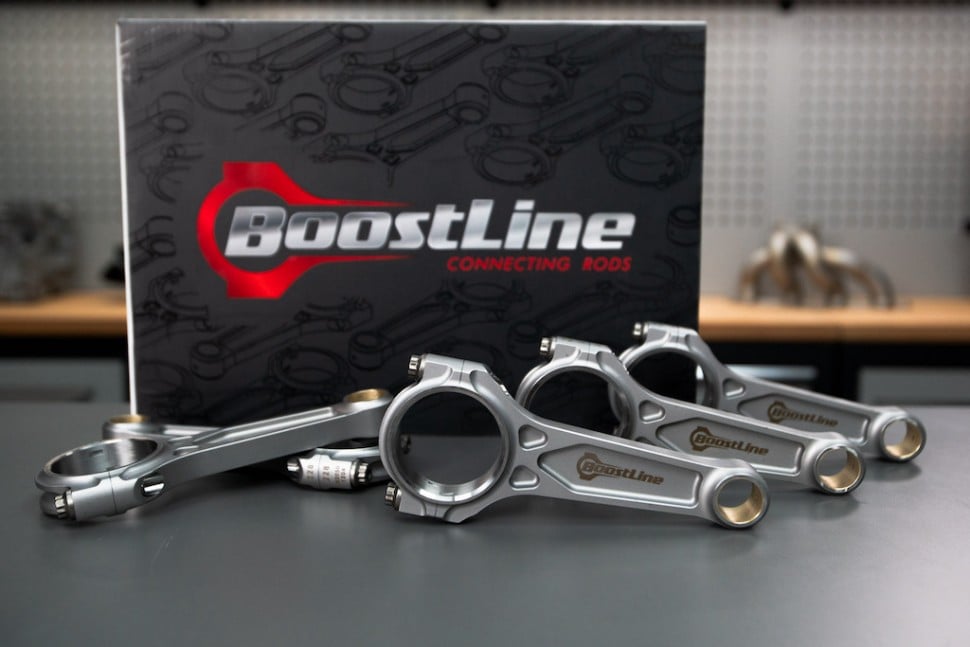What is the design and thought process behind aftermarket piston manufacturing for relatively new engines to the scene like the BMW B58 found in the Toyota A90 Supra?
At PRI Barry Pettit from Mahle Motorsport took us through some of the considerations they put into their forged A90 Supra B58 engine pistons. Interestingly even with the idea in mind that their customers would want to crank up the boost and take things to 1000HP and beyond, unusually, these forged examples are LIGHTER than the OEM versions, yet stronger. Nailed it!
Off the bat, the compression ratio has been lowered a little to 10.5:1, however as Barry explains Mahle can supply pistons with lower ratios as required with ease upon request. The lower ratio is a nod towards the fact that many in the aftermarket switch from direct injection to port injection for more flexibility, but the ‘injection bowl’ required to get an efficient burn in DI setups is retained meaning the piston can still be used with either option.
Oversized pistons are potentially an option for the future, and Barry also touches on why the thicker crown is beneficial for cooling and not just strength and how Mahle’s role in manufacturing the OEM pistons for BMW did give them a solid headstart in relation to the design and production of these performance application alternatives.
Want to learn more about Performance Engine Building? Come along to the next FREE live lesson.
![1000HP+ A90 Supra Pistons | B58 Forged Pistons [TECH TALK]](/assets/Uploads/blog-posts/c6a8941838/HPA-Sema19-112__FillWzc4MCw0MzBd.jpg)






Comments
No one has commented on this page yet.